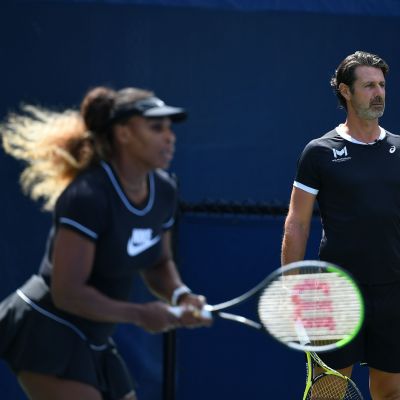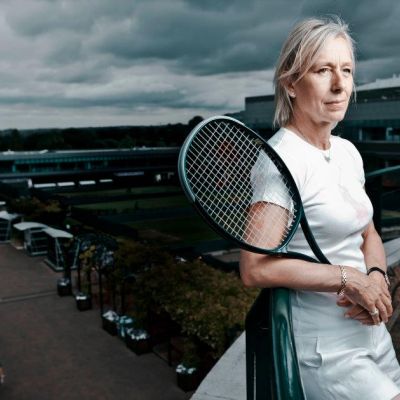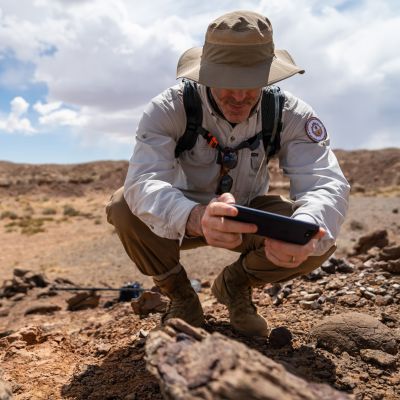Stella McCartney: Sustainable Star
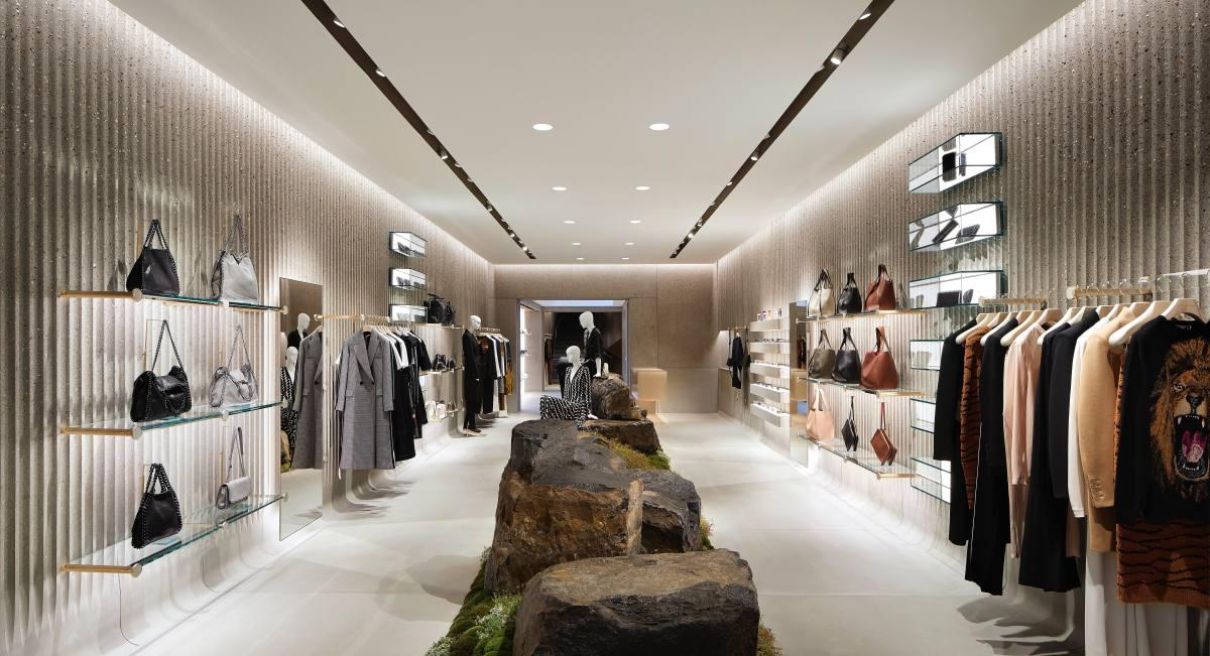
Stella McCartney was taught as a child to lead an ethical life. Now as the face of sustainable fashion, she has launched a UN-backed charter for the apparel industry.
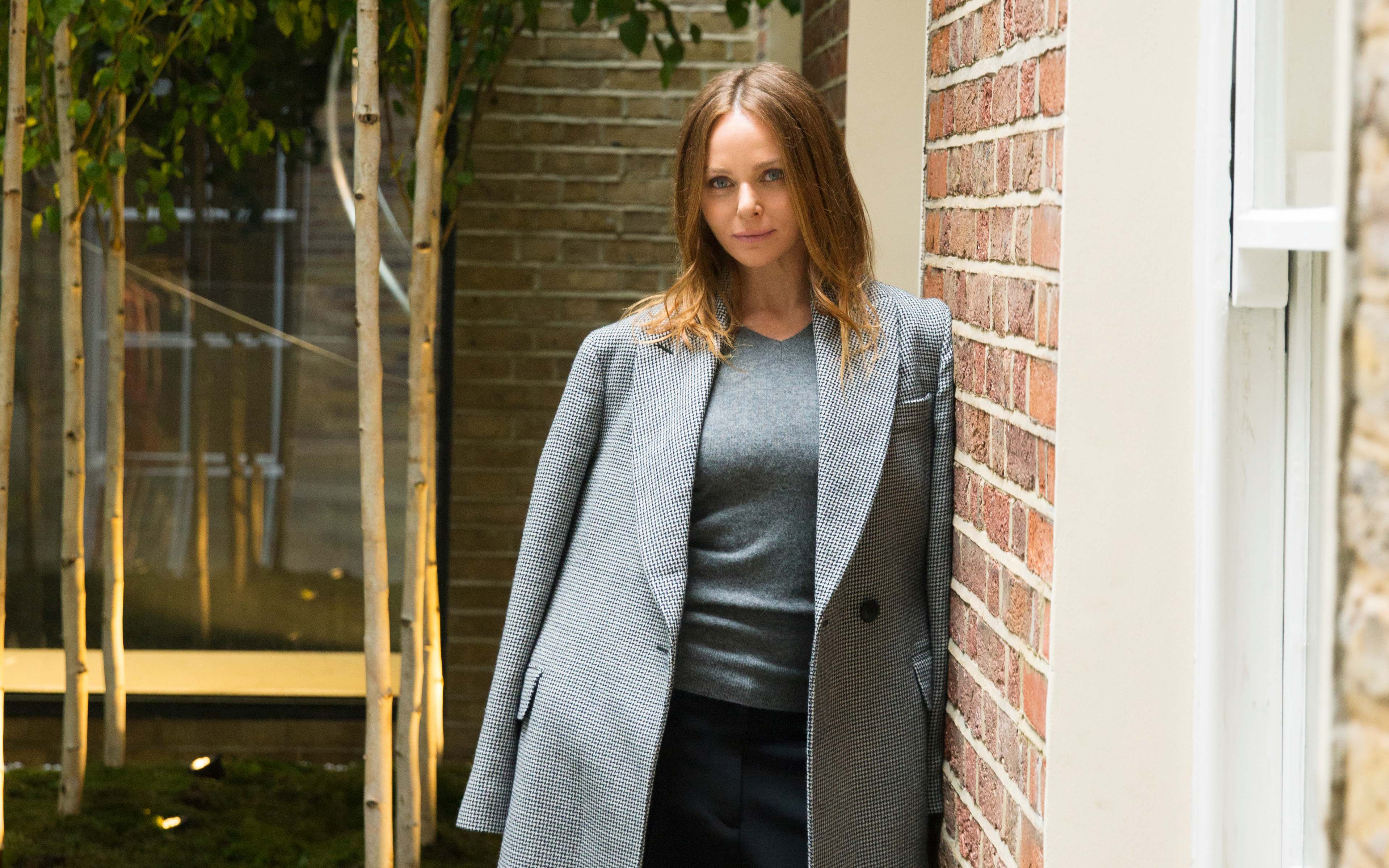
The name of Stella McCartney has always been synonymous with sustainability in fashion. A lifelong vegetarian brought up by devoted animal lovers, she has dedicated her career to pioneering environmental and social issues as a business priority.
At her recent AW19 fashion show, McCartney used the opportunity to launch her #thereshegrows campaign, to ask people to sponsor a tree to save the Leuser Ecosystem, an ancient Sumatran forest. In her new collection, she included sustainable viscose from a certified forest, and had sourced organic cotton and eco-canvas for her vintage-style dresses and boiler suits.
Last year she opened the doors of her new ultra-sustainable, ultra-innovative store in Mayfair, where even the mannequins are made from a bioplastic material composed of 72% sugarcane, which enables a significant reduction of CO2 emissions.
At last year’s Business of Fashion’s annual gathering, Voices, she announced a new charter for the fashion industry, which she has collaborated with the United Nations on. The full charter was published at COP24's Sustainability Convention, laying out 16 commitments to support fashion groups to limit the damage they are causing to the planet.
BILLIONAIRE sat down with McCartney at BOF's Voices to discuss all things sustainable.
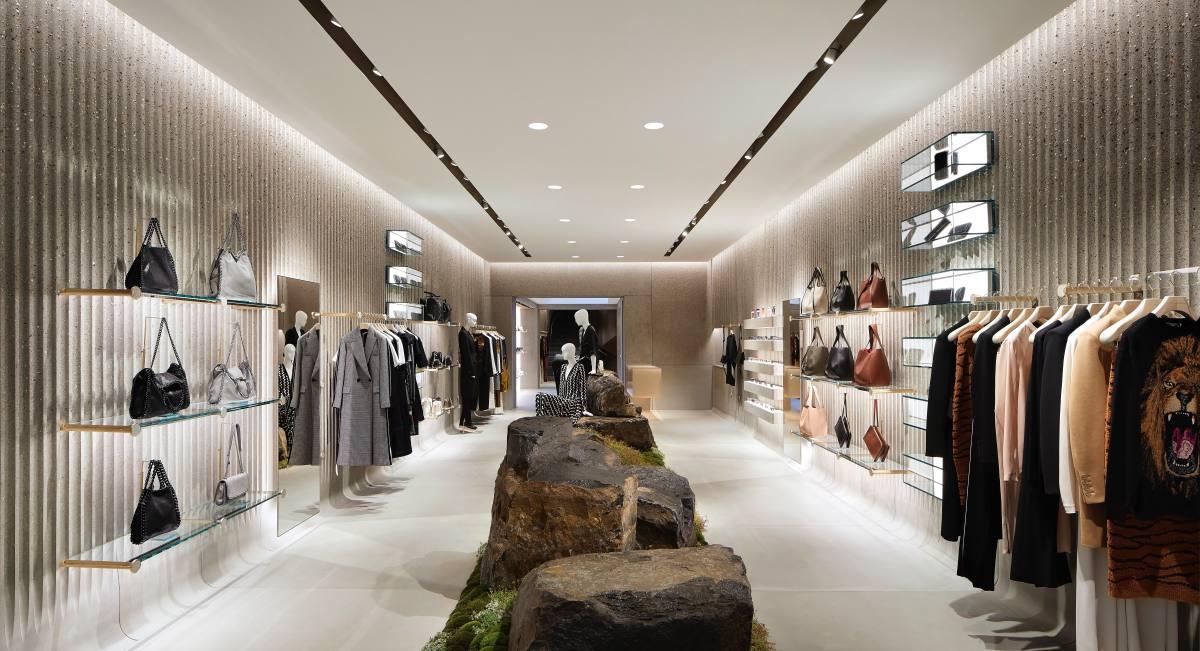
Your parents, Linda and Paul, used to catch live langoustines in restaurants to put them back into rivers. How was it growing up with parents with a strong ecological conscience?
It was one of the best life lessons. The best you can give a child are foundations to build an ethical and mindful life: a cool value system, with care for the planet, animals, at the root of everything. That means there is love and that is all you can hope for as a child.
My parents also taught me to go beyond the self: as humans we are not the only thing that matters. Other creatures have equal rights and that is a lesson to be learnt from an early age. They were ahead of their time. I felt ridiculed and embarrassed as a teenager and often wished my parents were ‘normal’. I see that with my own children, although they are much more open-minded and there is nothing we can’t share.
Do you remember how you felt about green issues as a child?
Being a vegetarian, I had respect for the life of other animals, which wasn’t common back then. Travelling on tour with my mum and dad really helped me recognise the seasons. I asked many questions and started connecting the dots: what we ate, where it came from, how animals were killed. It made me very aware of the ethical and environmental side of the food chain. I looked at the linear chain in agriculture and animal farming early on. Remember, there was no data back then, and no obvious connection between what you ate and the state of the planet.
Do you see the same happening with your children today?
They are still young but, yes, I have no doubt from the way they talk and act that it is all very much part of who they are. Green thinking is not an additional part of their everyday thinking: their eyes are wide open and they are committed. They remind me of things I don’t do right.
Does it make you stronger as a family?
Maybe, yes. It’s definitely something that — sadly, because we are not the norm — makes us even closer. We eat only vegetarian meals so when a rugby dinner comes up, I need to make sure my son, as a teenager, is properly fed, and not in a steak house. There is so much further to go. As a family, we all go through the same issues, so it brings us closer.
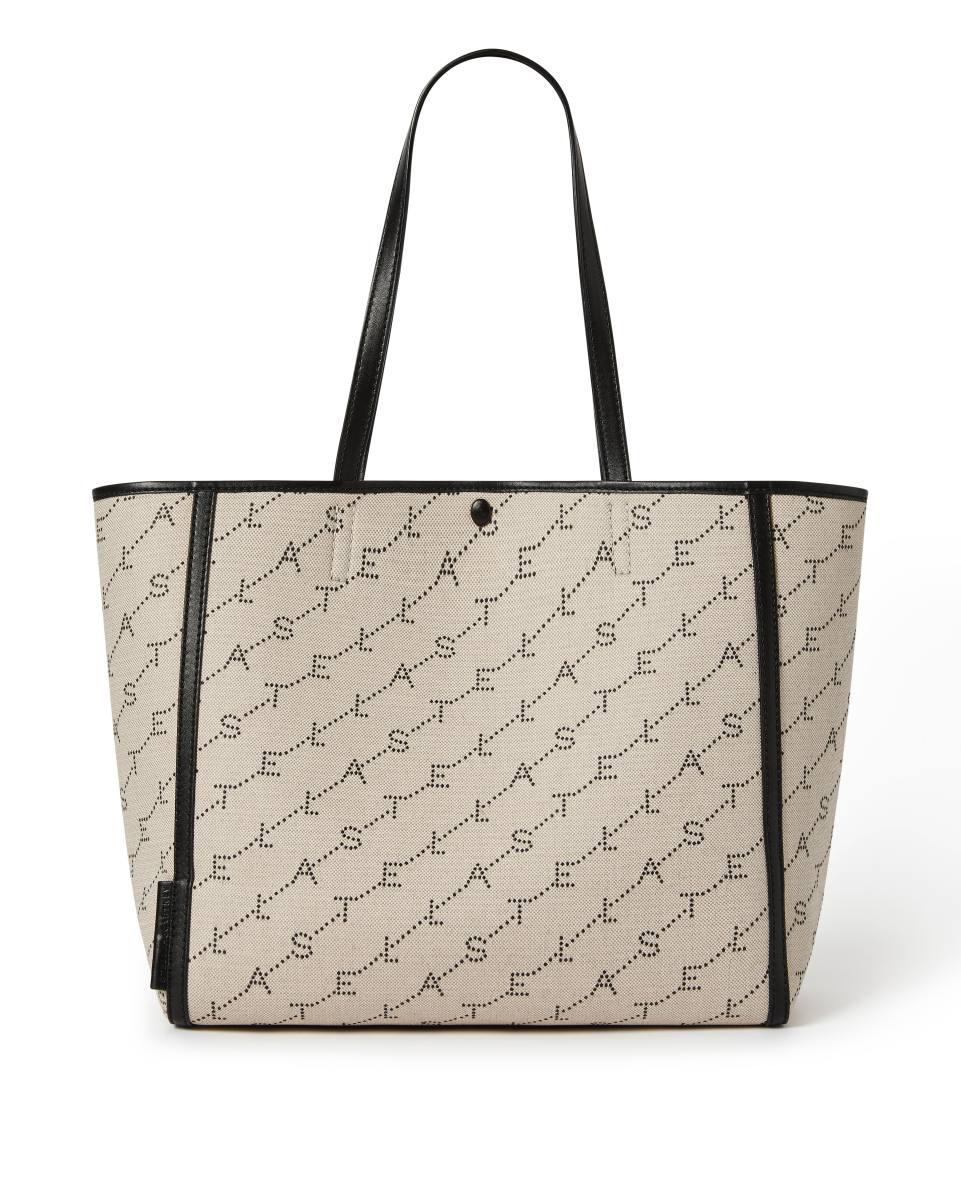
When you started Stella McCartney, the brand, what were your expectations?
I had no expectation aside from what I do every day: create desirable, timeless, fashionable and amazing clothes. And to connect, emotionally, with women’s needs and how clothes and fashion make them feel. Most of the time, the fashion industry makes you feel worse about yourself, vulnerable even, when it should be effortless and help you look after your body and soul. This is what modern-day luxury is about.
Can you talk about Airlabs, the clean-air system ‘installed’ in the Old Bond Street store?
It is an extraordinary technology. Access to clean air should be one of the fundamental rights. The fashion industry is already so harmful, but cleaning the air we breathe in public spaces is now an option. It is a gift back to society. It is refreshing and exciting. We don’t shout about it in our store, because people just deserve it. Airlabs had never worked with a fashion company before and I believe they were reluctant… but I was fortunate they saw me as a pioneer. Being out of the norm helped me become a change agent. Taking public air to the next level should simply be a measure every fashion player commits to, for their staff and their clients.
Do you feel the COP24 fashion charter is a turning point for the industry?
Yes, it is a turning point. It is the first time a collective group of fashion brands has come together to recognise the negative impact the industry has. It is a milestone; together, we can be more responsible. The majority of the supply chains are the same, so, together, we can lower the price of better solutions. It is the first step in a healing process. The 16 commitments are feasible. I am already meeting them, so I know they can be achieved.
Do you think fashion and sustainability can be reconciled and still be sexy and desirable?
Absolutely; this is critical to me. At the end of the day, fashion should be desirable. Looking at my vegan leather pants, you won’t notice any difference. There are no compromises in quality or design. We should all stop dumbing down sustainability: we need to be aware of the impact, make the conversation alive, hopeful and fun.
I am a fashion designer. That is first and foremost who I am. I have decided to be sexy and fashionable, yet sustainable.
What future do you see for fashion in innovation?
The biggest thing on my mind is regenerative agriculture: the soil on our planet holds twice as much carbon as the air, so disrupting our soils is hugely damaging. Sixty percent of our positive impact comes from sourcing, yet no one goes straight to the source in our industry. Sourcing organic cotton is great but we need to go one step further, and question the overall biodiversity: how are extensive fields of that crop affecting the planet? We also need to think about putting nutrients back into the soil.
We also need to look at technology with hope.
Does all this make you feel lighter and brighter?
Yes, it does. I am really overwhelmed and scared at times. I feel very conscious for my children, saddened that we have given them this problem. But I can only look at it with hope and every single day of my life is committed to turning hope into actions. That makes me feel proud and lighter. I know I am part of the solution rather than the problem.
This article originally appeared in Billionaire's Visionaries Issue, March 2019. To subscribe contact


